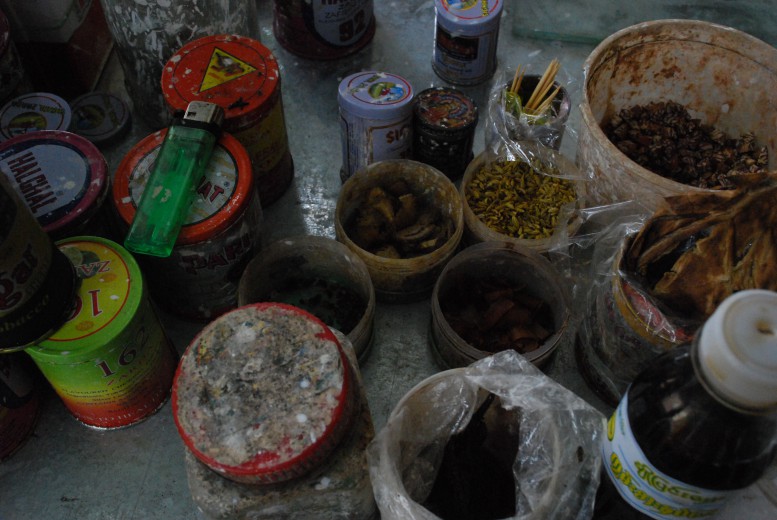Some seven million people in Burma regularly chew betel quid and tobacco – a habit that causes more than 60,000 deaths in the country every year.
That’s according to Burmese State Counsellor Aung San Suu Kyi, who yesterday launched a six-week campaign to help eradicate betel chewing, a programme she referred to in her press release as a “national cause”.
“Daily consumption of tobacco and betel quid among the general public is soaring,” read the statement. “Among ASEAN countries, Myanmar [Burma] has the highest consumption of tobacco products and it is a major challenge to public health.”
The state counsellor called for public cooperation, especially to protect schoolchildren under 13 years from starting. The campaign aims to raise awareness about the adverse effects of betel chewing.
Since the Suu Kyi administration came into power in 2016, it has instructed government departments to launch awareness campaigns to deter betel chewing in offices, hospitals, schools and public spaces.
Although there was speculation that a ban on the sale of betel would be imposed by the new government, no such measures have yet been put into place.
Known in Burmese as khun-yar, areca or betel nut is in fact a berry. The chewing of betel as a stimulant goes back thousands of years in the Indian subcontinent, Southeast Asia and Papua New Guinea, where a betel quid is traditionally offered as a greeting and is widely used in ceremonies and rituals.
[related]
The nut is usually wrapped in a betel leaf, which has been smeared with calcium hydroxide, sometimes called slaked lime. Other ingredients, such as tobacco, sweets or spices are then added.
Though it offers users a mild “high” and decreases appetite, medical research suggests the areca nut is carcinogenic, with or without tobacco. The World Health Organization noted in 2014 that oral cancer rates are significantly higher in Asian countries where betel is traditionally chewed. Other studies have found that chewing betel quid increases the risk of cardiovascular disease.



